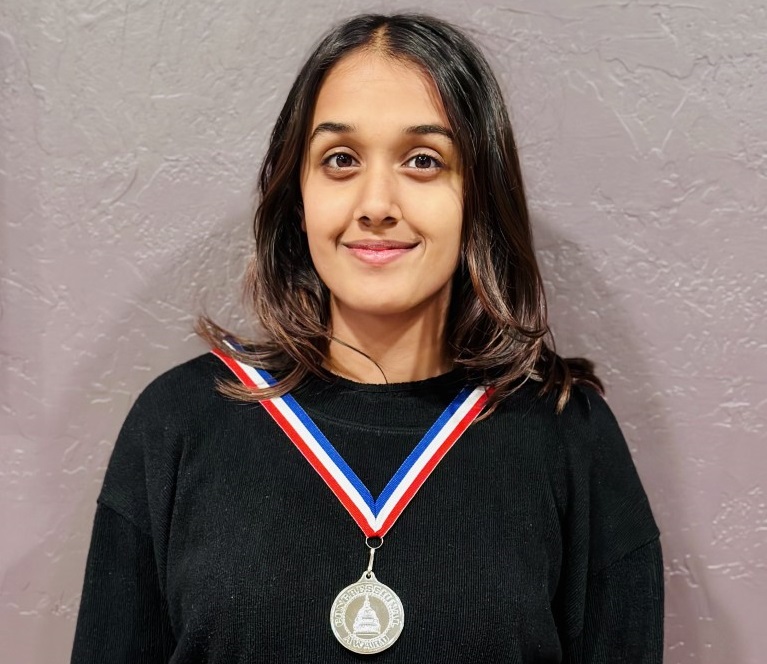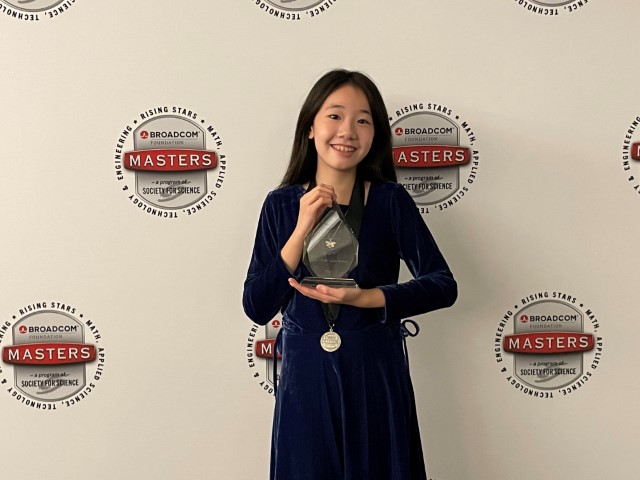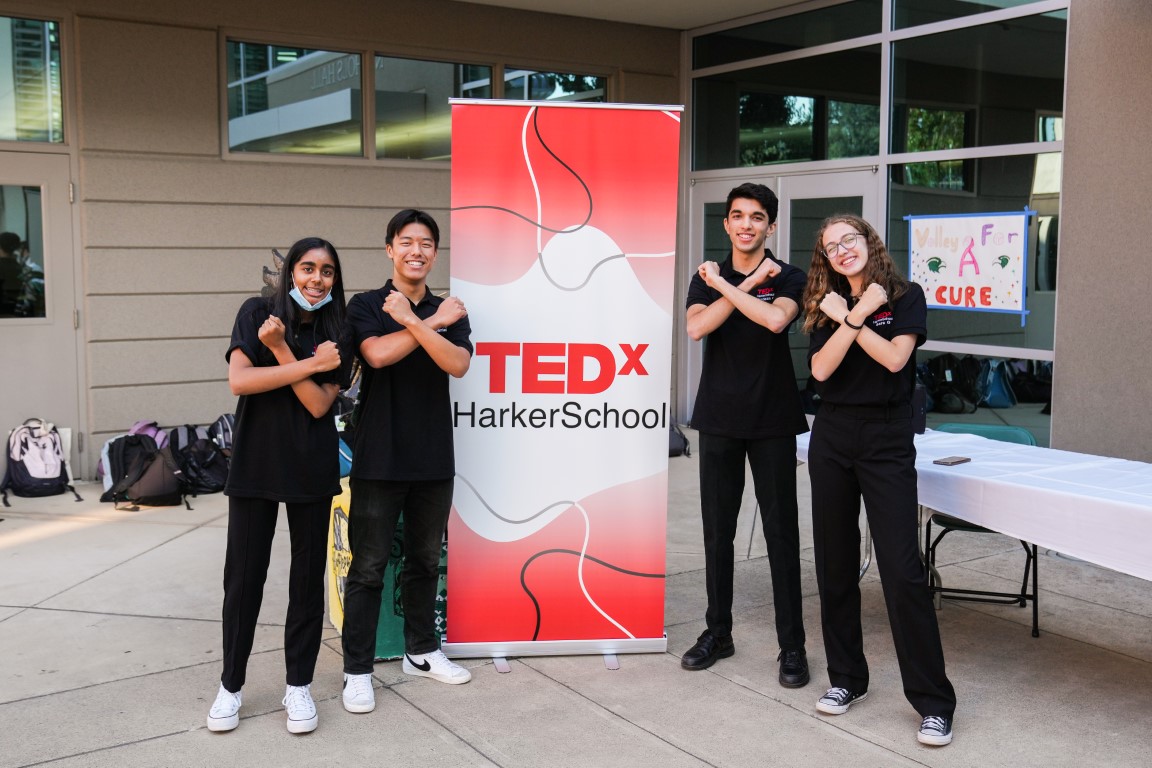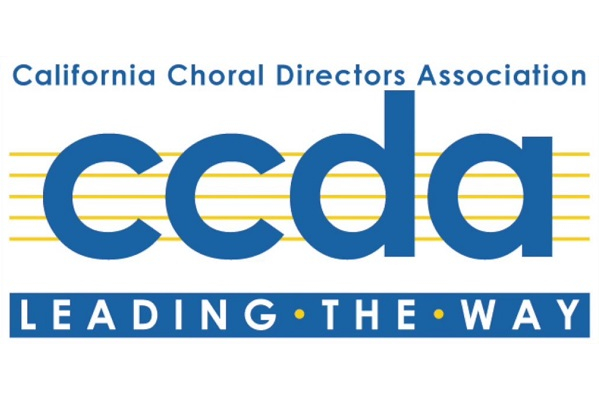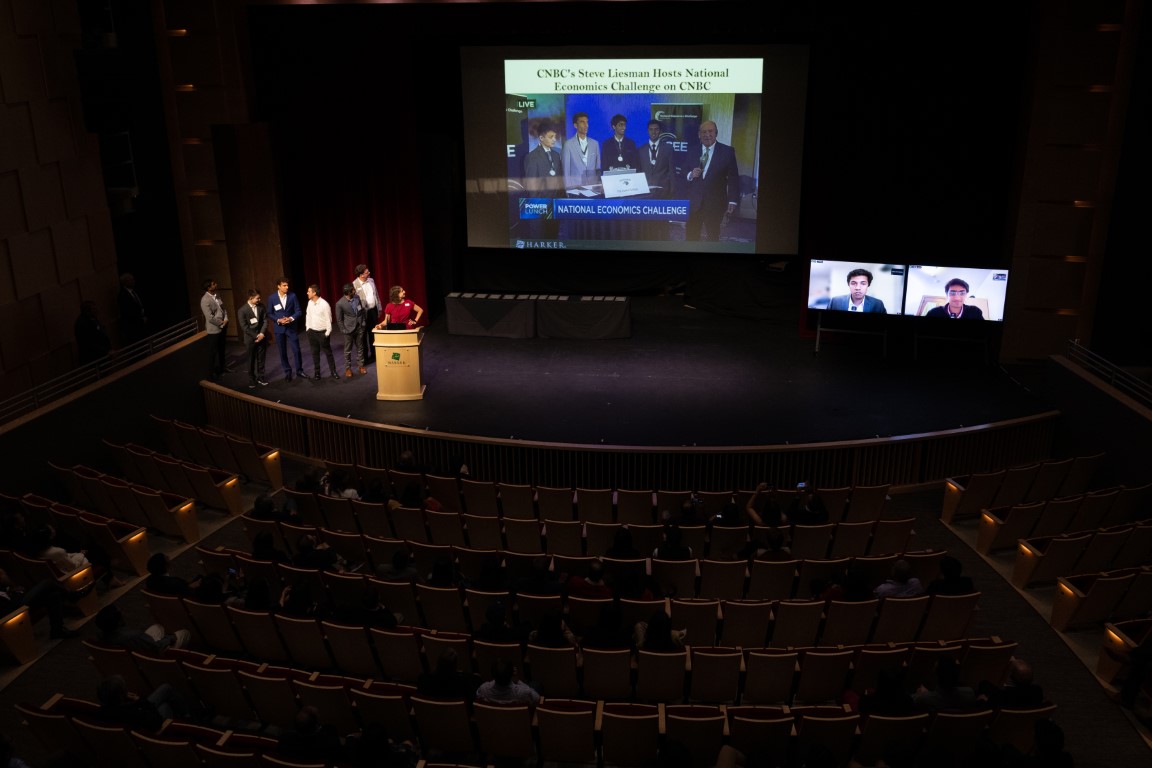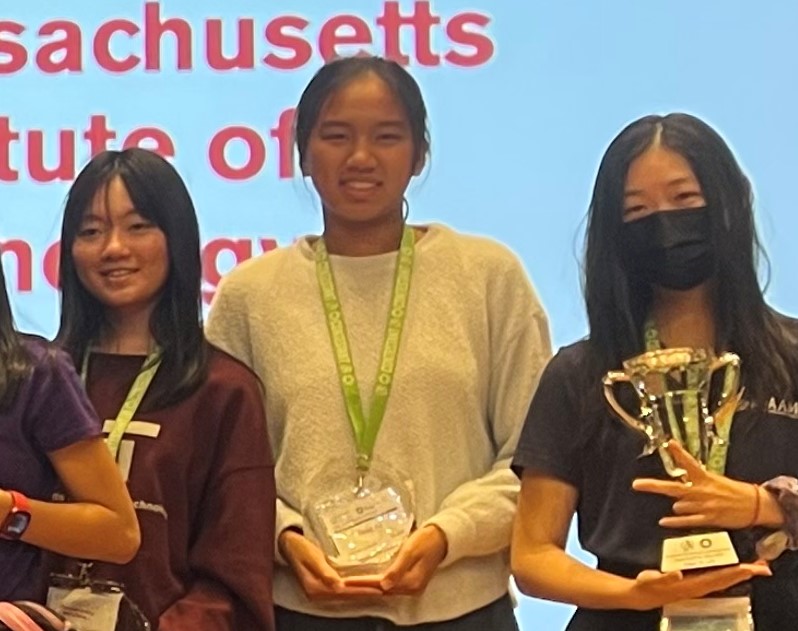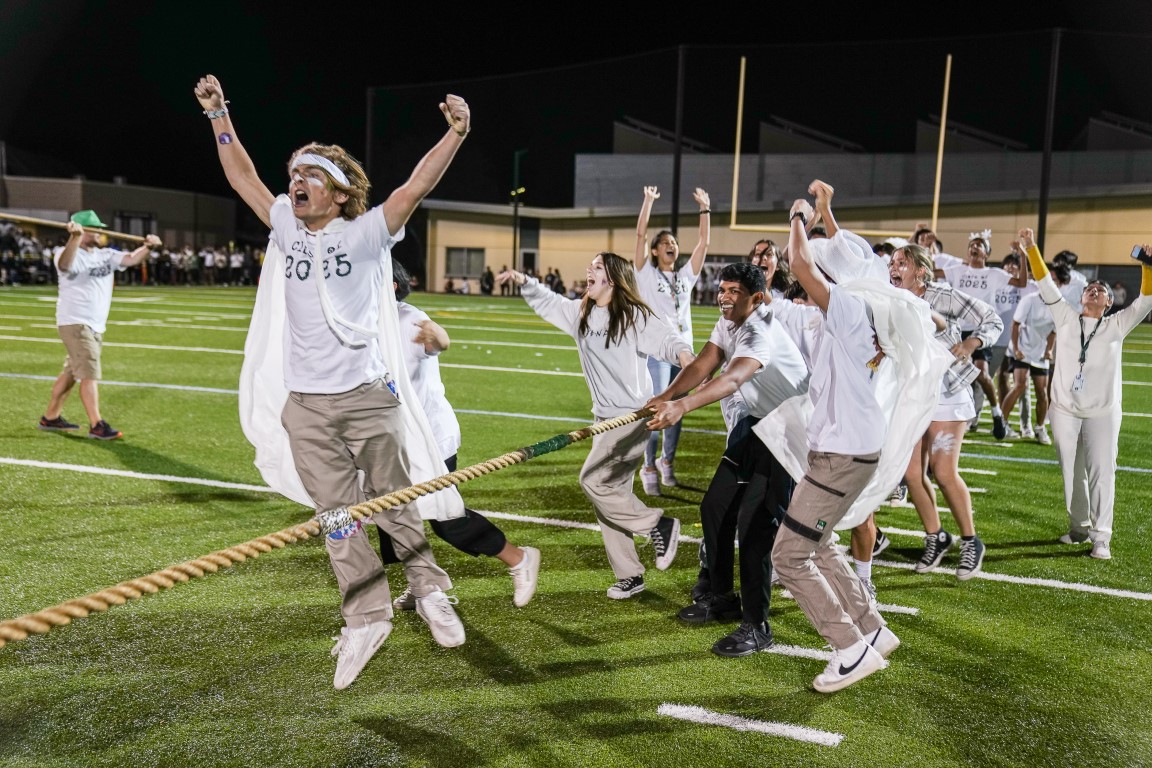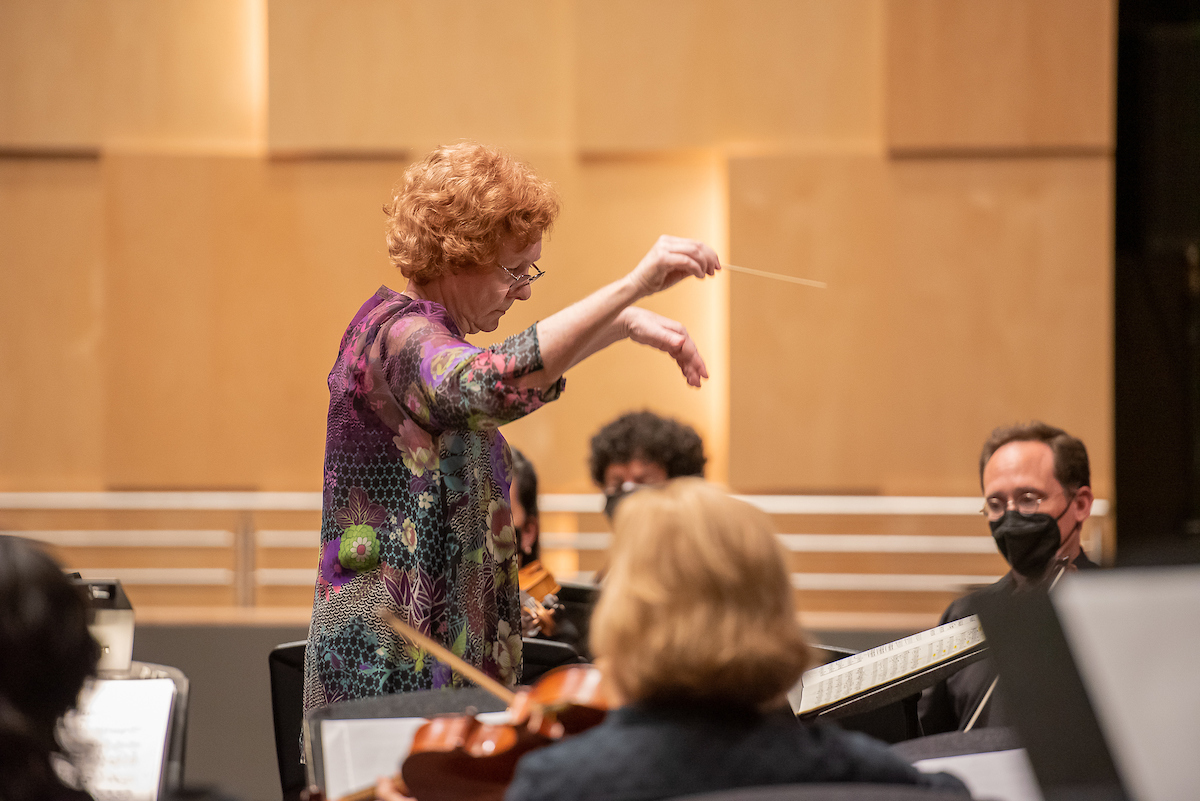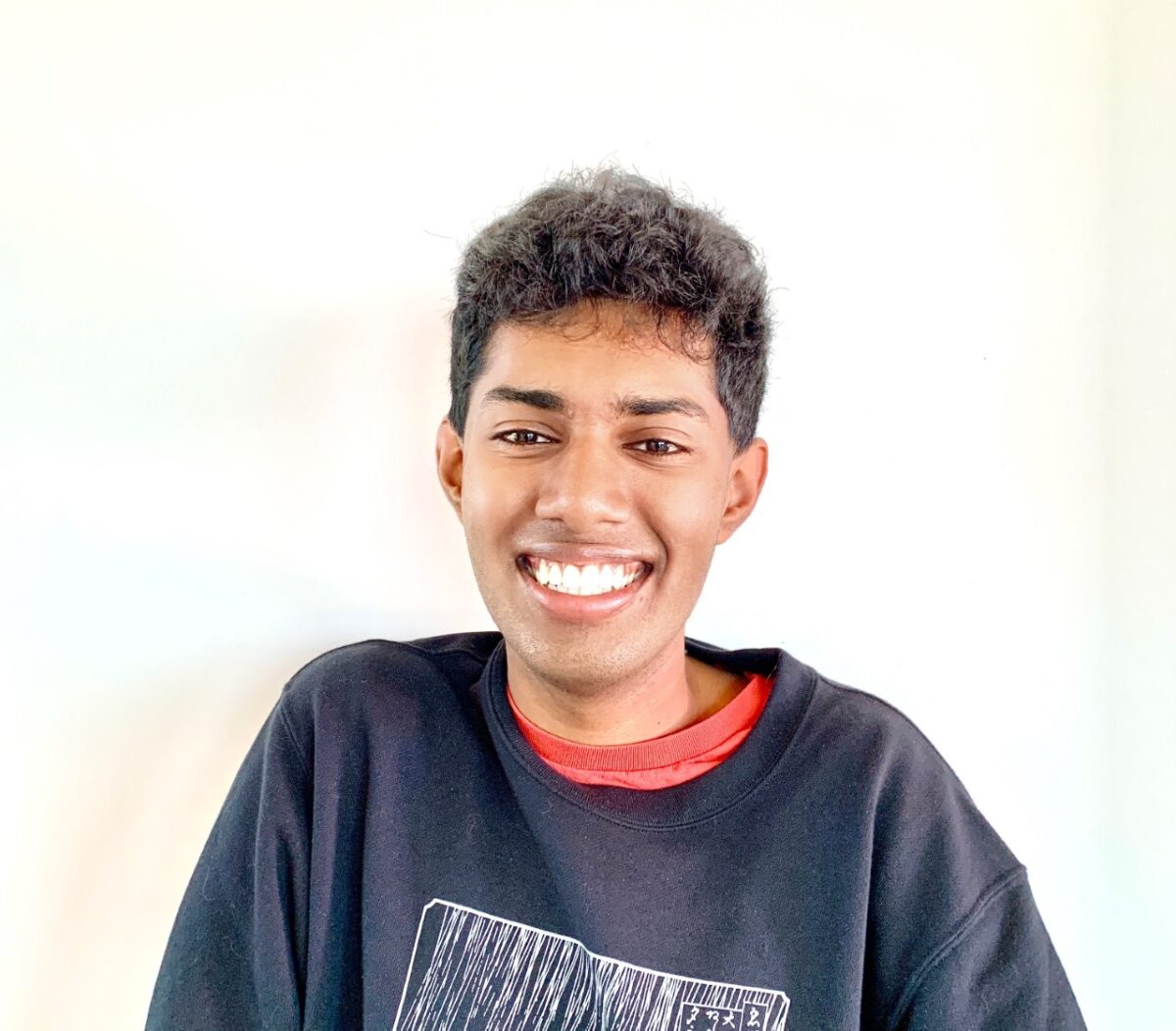Upper school debate teacher Greg Achten was recently elected to the executive board of the National Debate Coaches’ Association.
alumni-express
Junior wins Congressional Silver Medal for service efforts
Arushi Sharma, grade 11, recently received a Congressional Silver Medal Award, one of the highest honors for civilian youths.
[UPDATED] Rory Hu, grade 7, receives top award in Broadcom MASTERS
Rory Hu, grade 7, was today announced as a top award winner in the 2022 Broadcom MASTERS competition.
TEDx Harker School speaker lineup draws hundreds
On Friday, Oct. 21, the 2022 installment of TEDx Harker School took place at Nichols Hall, attended by hundreds of students who arrived to see this year’s lineup of speakers.
13 Harker singers named to regional honor choir
13 Harker singers were recently declared members of the California Choral Directors Association (CCDA) Coastal Region Honor Choir.
Board of Fellows kickoff highlights achievements, launches new initiatives
Harker’s Board of Fellows kicked off their year tonight by hosting a special Head of School Gathering with Brian Yager, head of school, and invited members of Harker’s community of entrepreneurs and venture investment professionals, to attend.
Students place high at Math Prize for Girls
Juniors Olivia Xu and Catherine Li placed in the top 36 at the mathematics contest, held at MIT.
Second annual Harker Day attended by thousands
ore than 3,500 Harker community members headed to the upper school campus this past Saturday for the second annual Harker Day.
San Jose Chamber Orchestra opens 2022-23 Harker Concert Series
The first concert of the 2022-23 season of the Harker Concert Series featured a local favorite, the San Jose Chamber Orchestra.
Senior debater takes first at prestigious Greenhill Round Robin
Senior Rahul Mulpuri won first place at the prestigious Greenhill Round Robin in September.

